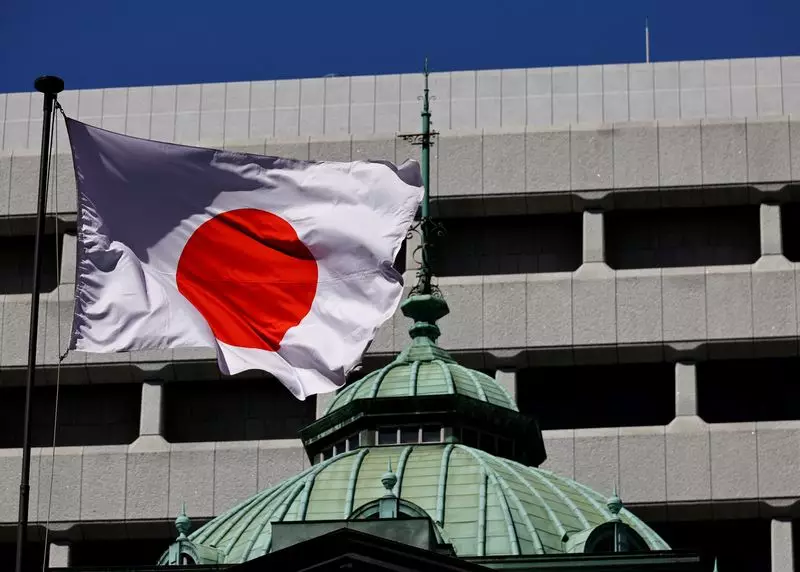The recent discussions among the policymakers at the Bank of Japan (BOJ) reveal a complex and cautious approach towards interest rate adjustments. A summary of the October meeting highlights a significant divergence in opinions regarding the potential for rate increases amid ongoing economic evaluations, particularly concerning the stability of the yen and the overarching global economic climate. This internal debate indicates the sensitivity of Japan’s economic status to external shocks and demonstrates the nuanced roles that economic indicators must play in shaping monetary policy.
Several members of the BOJ board expressed apprehensions about reinvigorating market volatility if interest rates were raised too hastily. The volatile movements of the yen especially drew attention, as these fluctuations can detrimentally impact economic stability. Recognizing that Japan’s economy is still navigating post-pandemic recovery, policymakers stressed the importance of closely monitoring market developments before committing to rate hikes. This perspective underscores a broader consensus that premature decisions might endanger the delicate balance that has been achieved since the economic disruptions of recent years.
The commentary from BOJ officials included a notable observation regarding the global economic landscape, particularly the risks associated with a U.S. hard landing. Several BOJ members noted that the immediate risks from the U.S. economy appear to be diminishing, yet they remain vigilant about the potential implications for Japan’s economic outlook. The Board recognizes how interconnected the global economy is and the unintended consequences that a U.S. economic downturn could have domestically. Therefore, they are advocating for a measured approach to any potential rate change as they seek to align domestic policy with evolving global economic conditions.
Despite some reluctance to adjust rates promptly, other members of the BOJ insisted on the necessity for transparent communication of the Bank’s intentions regarding future rate hikes. They argue that clarity about the BOJ’s commitment to adjusting rates in line with economic and price forecasts is essential to maintain market confidence. This inclination towards open dialogue suggests a recognition that market participants need to be well-informed to make prudent decisions, thus preventing unnecessary speculation that could lead to instability.
The BOJ has maintained its ultra-low interest rate policy, acknowledging that despite lessening fears around the U.S. economic downturn, it is imperative to tread cautiously. Policymakers are acutely aware that each decision carries significant weight, and by pausing to assess the evolving landscape, they lay the groundwork for a more resilient economic framework. As Japan navigates this intricate monetary landscape, the impending challenge lies in striking the right balance between supportive monetary policy and the necessary forces of economic normalization.

